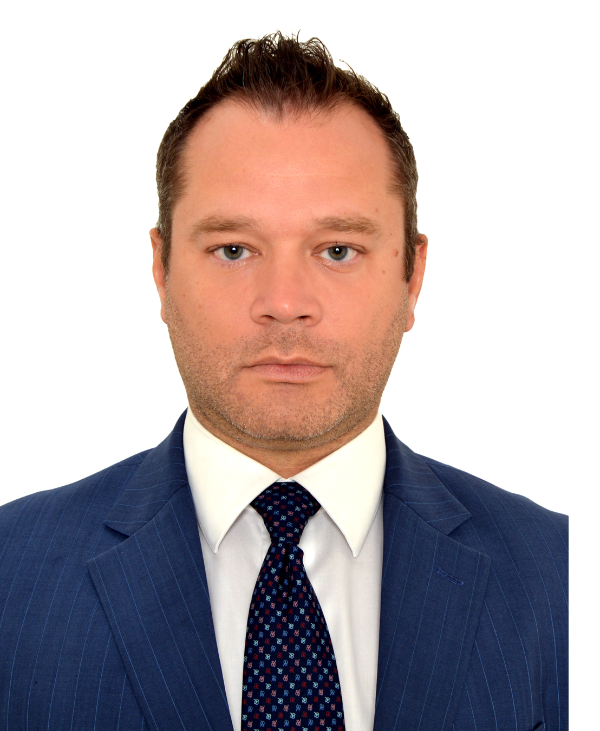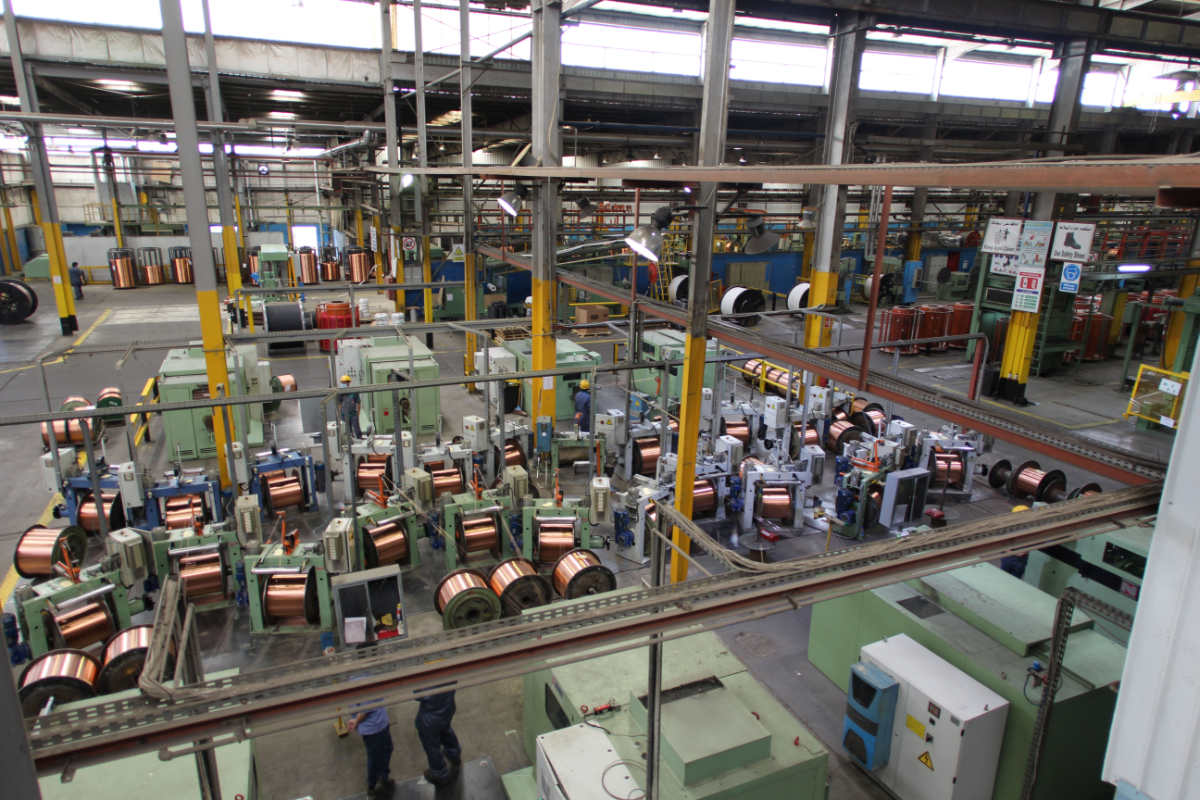RIYADH: In its first-ever public result after being listed on the Saudi Stock Exchange, Riyadh Cables Group Co. announced an impressive net profit of SR351.9 million ($93.84 million) for 2022, registering an increase of 46.6 percent over the previous year.
The Riyadh-based firm recorded revenue growth of 40.3 percent to SR6.9 billion during the same period, while its sales volumes increased by 37.1 percent to 190 kilo tons.
The robust performance prompted RCG’s board to propose dividends of SR225 million at SR 1.50 per share for the financial year 2022, in line with its previous guidance and subject to shareholders’ approval at the Annual General Meeting.
In an exclusive interview with Arab News, the company’s CEO Borjan Sehovac, said: “Strong local and regional demand drove an increase in sales volumes, resulting in a boost to sales growth. Profitability was enhanced by successful SG&A (selling, general and administrative expenses) optimization measures and overall cost management.”

Riyadh Cables Group Co. CEO Borjan Sehovac. (Supplied)
He went on to add that RCG’s ability to win a larger share of bids locally and regionally was due to its “stellar reputation which we built along the decades.”
With strong activity expected to be sustained in RCG’s core Middle East markets, he said they anticipate substantial demand-led growth in revenue in 2023, remaining healthy in the range of 3 percent to 5 percent, “while capex of SR200-plus million is expected to support the strong order backlog.”
The company expects its net profit to increase by a double-digit figure in the financial year 2023.
Tadawul listing
Founded in 1984, RCG got listed on Tadawul on Dec. 19, 2022, after successfully raising $378 million from an initial public offering.
After a long and strong track record, in which the company has achieved a leadership position in its sector, Sehovac said the IPO was a “natural next step on our growth journey – increasing our profile, strengthening our institutionalization drive and positioning us for future expansion.”
Sehovac calls 2022 a “historic year” for their business, not least for the successful debut of RCG on the Saudi Exchange, but for reporting significant growth in both sales volumes and revenues for the full-year 2022.
“The company’s strong sales, coupled with an unwavering focus on operational excellence and efficiency, have not only resulted in impressive profitability but also ensured sustainable long-term growth,” said the CEO.
RCG is among the 18 companies or funds that offered parts of their shares through IPOs during last year as the Saudi Stock Exchange continues to drive market growth in the region.
At the end of 2022, Tadawul had a total of 223 listed companies, with the total offered value reaching SR37.51 billion as 2.96 billion shares/units were offered for all IPOs.
Sehovac said the Saudi capital market is the region’s largest, most liquid and most attractive market.
“Backed by the ambitions of Saudi Vision 2030, the underlying evolution of the Kingdom is, and will always be reflected in its financial markets,” he said, adding that they are proud to be active participants in it.

The Riyadh-based firm recorded revenue growth of 40.3 percent to sR6.9 billion in 2022, while its sales volumes increased by 37.1 percent to 190 kilo tons. (Supplied)
Growth prospects
RCG, which serves customers in Saudi Arabia, the Gulf Cooperation Council and international markets, is bullish about the growth prospects of the cables industry.
“All global trends and indicators confirm that the power cables market is expected to grow globally based on the ambitious development plans and major demand drivers, such as energy transition and digital transformation,” said RCG CEO.
On a local level, he said the power cables market in the Kingdom is expected to grow at a compound annual growth rate of 8.3 percent between 2022 and 2027 to reach SR16.8 to SR18.7 billion, driven by giga/mega projects as well as industrial and housing development.
“RCG, being the largest player in the region, is ideally positioned to benefit from this growth,” he affirmed.
Expansion strategy
The company owns and operates 15 cable and related materials manufacturing and testing facilities, extending over 1.5 million sq. m in Riyadh, Sharjah and Baghdad. Its manufacturing infrastructure is integrated across the value chain including six factories to manufacture raw materials used in the cables industry to support its own nine cables factories.
“This makes us self-reliant while also improving our manufacturing efficiency by being able to control the cost and quality of our manufacturing materials,” Sehovac said.
Asked about its expansion plan, he replied the company will expand its footprint in due course, and “we’ll make announcements to the market at the appropriate time.”
RCG has a vast regional distribution network and a production capacity of 264,000 tons per year.
Sehovac said the company is continuously looking to increase its market share by focusing on increasing sales of its primary products in existing markets and expanding to neighboring markets.
He clarified that the company doesn’t have any immediate plans to raise funding as “we are a well-funded business with a strong balance sheet and plenty of headroom to grow.”
With regard to the supply chain — as the raw materials are mostly imported —how does the company ensure smooth supply amid the volatile pricing of metal and aluminum? Sehovac insists that the company always strives to increase the percentage of local content in its manufacturing process.
“In fact, RCG sources its needs of aluminum, lead, and polymers locally. The company buys its core manufacturing materials through long-term contracts,” he revealed, adding that they also use a well-engineered hedging mechanism to offset commodity price volatility risk and stability of profits.
ESG goals
Divulging about the company’s environmental, social and governance strategy, Sehovac said the company owns state-of-the-art recycling facilities for the reuse of recyclable metals, polymers and cable drums, contributing effectively to the sustainability processes.
“ESG is at the heart of RCG’s strategy. We are committed to reducing waste and CO2 emissions,” he said, adding that they are amongst key suppliers of renewable energy projects, supporting the Kingdom’s plans for generating 58.7 gigawatts of renewable energy with locally manufactured products.
The CEO called Vision 2030 as “a roadmap for its investment plans, and to be a key player in delivering the vision’s objectives.”
“This is a fantastic opportunity for our business and one that we are fully capitalizing on,” he concluded.














